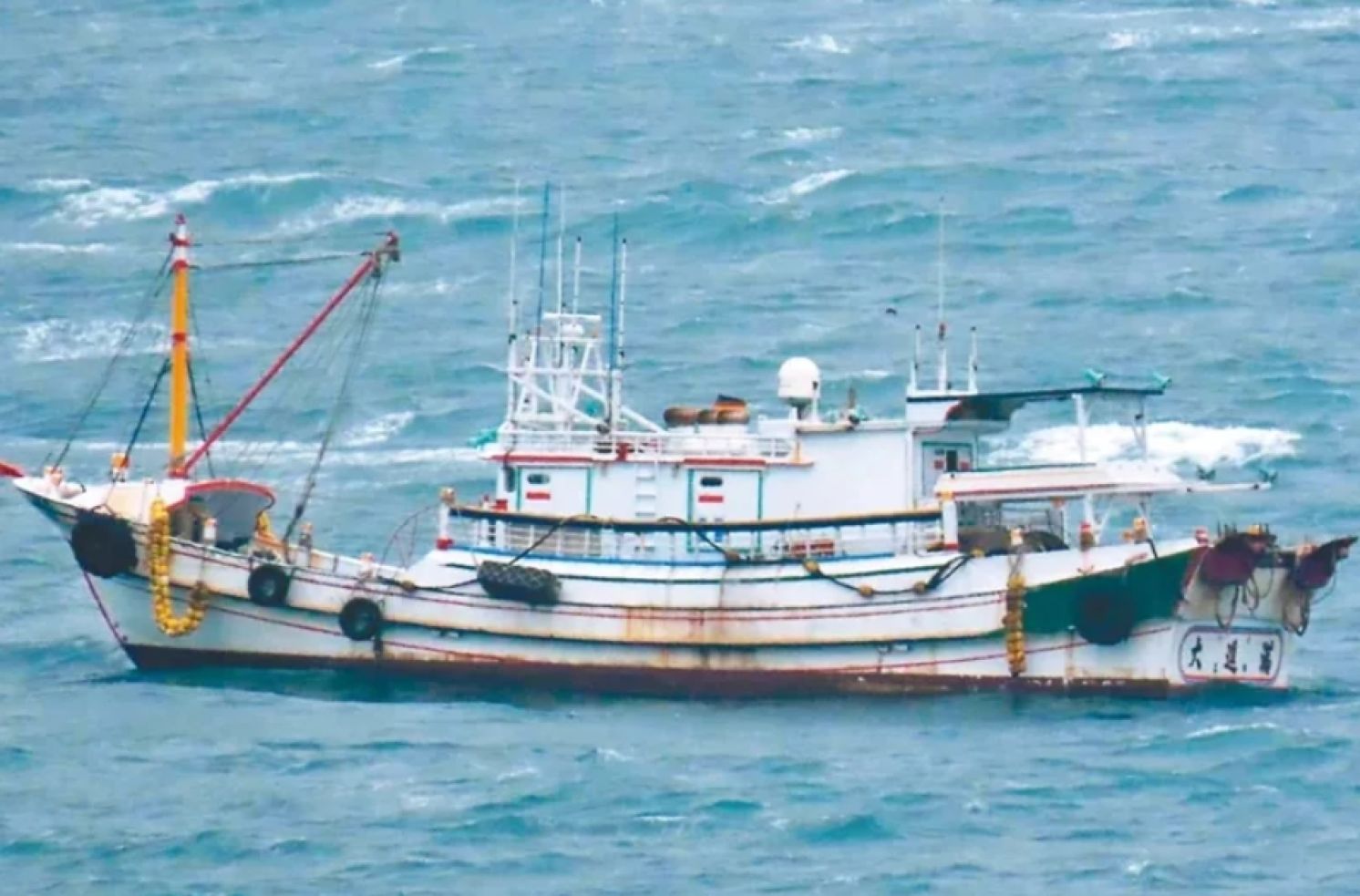
Who is Taking Over the SEF? President Lai's Next Cross-Strait Card?
United Daily News, July 8, 2024
Due to corruption charges, Cheng Wen-tsan resigned as chairman of the Straits Exchange Foundation (SEF) after taking office for just a month. Aside from causing shock in the political arena and conflict among Democratic Progressive Party (DPP) factions, his resignation has also affected the cross-strait policies and administration of the President Lai Ching-te. During his one month in office, Cheng referred to as the “China-knowledgeable faction,” has indeed done his best to facilitate an atmosphere to resume exchanges between the two sides of the Taiwan Strait. He is a rare, dovish figure in the DPP. However, given his involvement in the aforementioned scandal, it may be even more difficult to attain an easing of cross-strait relations. For President Lai, without Cheng, wherein is to be found the next “good card” for cross-strait relations?
Although Cheng has been in charge of the SEF for only a short time, he has many active ideas, including the initiative of “mixed group” exchanges, taking creative first steps, and also visiting Wang Jin-pyng, former speaker of the Legislative Yuan, prior to the latter’s cross-strait visit. From this, his intention is clearly to break the cross-strait deadlock and restore cross-strait communications. This differs significantly from the attitudes of the SEF leaders in dealing with cross-strait exchanges over the past eight years.
Concerning the vacancy left by Cheng as SEF chairman, the Mainland Affairs Council (MAC) stated yesterday that “personnel matters will be handled in accordance with relevant protocol.” The final decision of this matter obviously rests with President Lai. When President Lai released the new government’s list of national security officers, this also included the SEF chairman, which demonstrates that President Lai is keenly aware of the importance of cross-strait relations and bilateral exchanges.
When President Lai originally announced that Cheng and Chiu Chui-cheng would head the SEF and MAC respectively, almost everyone considered this a “good card” to have in terms of cross-strait personnel. On the one hand, it highlighted the new government’s intent to ease cross-strait relations, and its willingness to put relatively moderate and experienced personnel in charge of cross-strait affairs. On the other hand, it may also be able to prevent the government’s cross-strait policy from losing its balancing mechanisms and allow for the participation of rational high-level officials in important moments of decision-making in cross-strait affairs.
Since Cheng resigned, the initial arrangement of the SEF and MAC has been disrupted, and the cross-strait policy team is now missing key players. To make matters worse, the current cross-strait situation is rocky, and the Chinese mainland has vigorously enforced law in Kinmen waters to take away Taiwan fishing boats. The future prospects for both sides of the Strait are thus bleak. The situation is reaching a crisis point, and the “goodwill” policy that government officials have discussed in the past seems to be even more shaky. Will Cheng’s efforts on cross-strait affairs within the past month also “return to square one”?
Some people describe the SEF as an “inconsequential department.” But that is a layman’s perspective. Cross-strait exchanges are frequent; the SEF is the only government agency authorized to handle matters involving the rights and obligations of people on both sides of the Taiwan Strait. Its mainland counterpart, the Association for Relations Across the Taiwan Straits (ARATS), is at the moment still headed by Zhang Zhijun, former director of the Taiwan Affairs Office (TAO) of the State Council. This shows that the mainland is also aware of the importance of these agencies. Thus, President Lai should be careful in selecting the next chairman of the SEF. Constituting an important statement by President Lai on cross-strait relations, this selection of personnel will doubtlessly comprise an opportunity to send a political signal to Beijing.